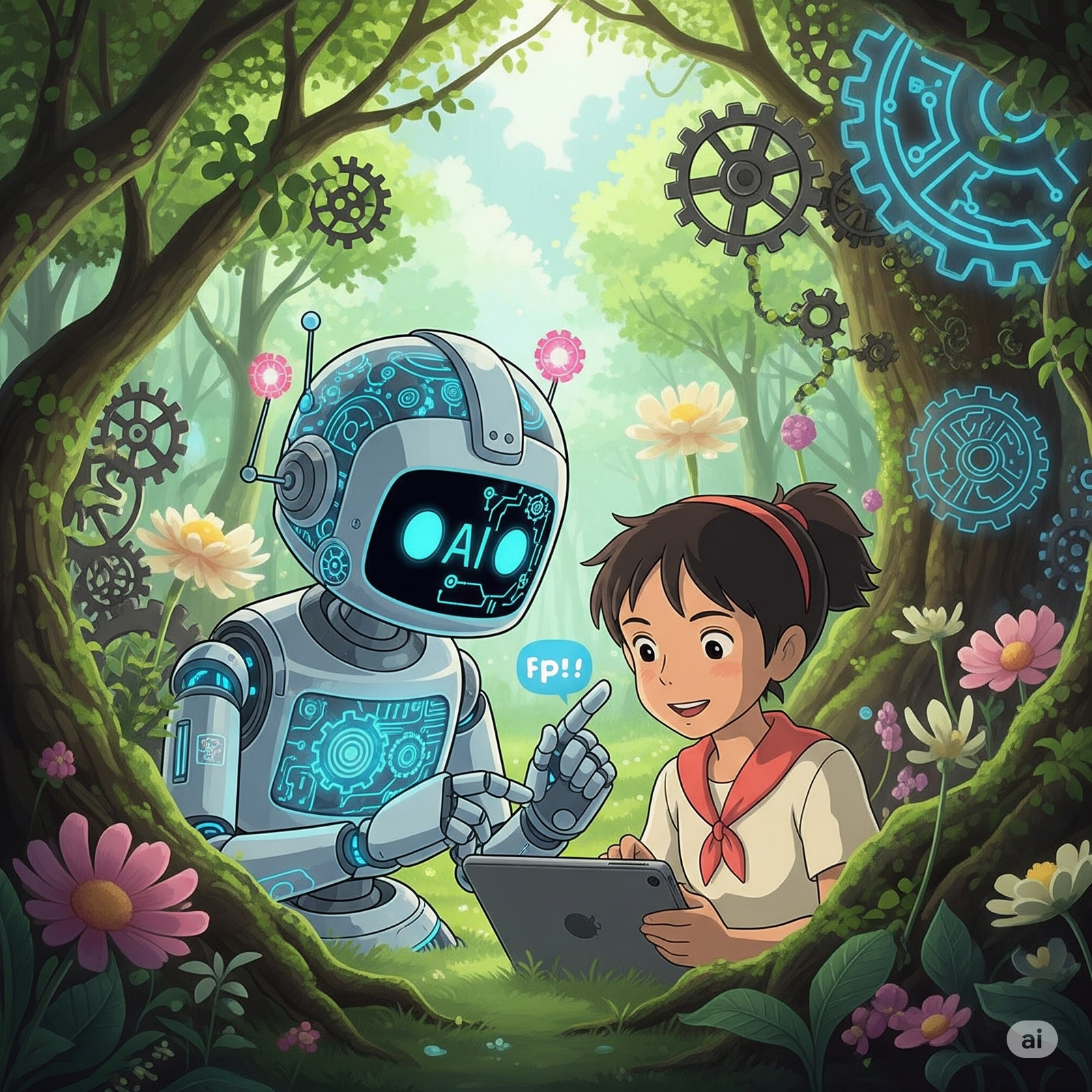
Not all large language models (LLMs) are built the same. While many users rely on a single AI tool, savvy prompt engineers know that different models excel in different scenarios — and that tailoring your prompts to each model’s unique capabilities leads to better results.
In this article, we dive deep into the five leading LLMs: ChatGPT (OpenAI), Grok (xAI), Claude (Anthropic), DeepSeek, and Gemini (Google). You’ll learn:
- What each model is best at
- Unique features and context handling
- How to structure prompts specifically for that LLM
- 10+ example prompts per model, optimized to leverage their strengths
Section 1: Prompting ChatGPT (GPT-4 & GPT-4o)
Strengths:
- Excellent at structured content, coding, writing assistance
- Great with markdown, tables, formatting
- Strong in reasoning and language generation
- GPT-4o: Multimodal input/output (text, image, audio)
Prompt Tips:
- Use system messages to set tone or behavior
- Be specific with format: “Respond in bullet points” or “Return JSON”
- Works great with few-shot and chain-of-thought prompts
Sample Prompts:
- “Act as a project manager. List the top 5 risks for a delayed product launch and suggest mitigations.”
- “Summarize this PDF and highlight 3 action points. [Upload document]”
- “Write a SQL query to find all customers who haven’t purchased in the last 90 days.”
- “Generate a list of 10 engaging Instagram captions in a witty tone.”
- “Write this article in markdown format with h2/h3 headers: [Insert topic]”
- “Explain recursion to a 10-year-old using an analogy.”
- “Give me 3 variations of this marketing email, each with a different tone.”
- “Convert this conversation into meeting minutes in table format.”
- “Review this code and suggest 3 optimizations.”
- “Generate a 7-day meal plan for a diabetic vegetarian with calorie estimates.”
Section 2: Prompting Grok (xAI)
Strengths:
- Fast, humorous, sarcastic tone by default
- Good reasoning ability; strong real-time X (Twitter) integration
- Ideal for quick-witted or edgy writing
Prompt Tips:
- Embrace its snark — but specify tone if you want neutral/formal
- Use it for exploratory answers, hypotheses, comparisons
- Great for summarizing current events, trends
Sample Prompts:
- “Summarize the main news on [topic] from the last 48 hours — keep it factual.”
- “Act like a skeptical economist and critique this government policy.”
- “Explain quantum computing in a way that makes me feel smarter than I am.”
- “Write a sarcastic review of the latest iPhone.”
- “Debate the pros and cons of remote work like it’s a Twitter thread.”
- “Give me a summary of the 5 most viral tweets on inflation this week.”
- “Generate a fictional conversation between Elon Musk and Nikola Tesla about Mars.”
- “Compare Ethereum vs Solana like a spicy YouTube commentator.”
- “Write a roast of outdated education systems in 5 witty lines.”
- “Break down India’s stock market rally using cricket metaphors.”
Section 3: Prompting Claude (Anthropic)
Strengths:
- Excellent at thoughtful reasoning and long-context memory
- Very good for summarization, legal analysis, policy writing
- Follows ethical guidelines and safety filters tightly
Prompt Tips:
- Ideal for academic, legal, and reflective content
- Use longer-form prompts and documents
- Best when politeness, structure, and context retention are needed
Sample Prompts:
- “Summarize this 20-page legal contract with key clauses listed.”
- “Generate a comparison of GDPR vs India’s Data Protection Bill.”
- “Write a speech on AI ethics for a policy summit.”
- “Review this company policy and suggest inclusivity improvements.”
- “List 10 pros and cons of remote education from a research lens.”
- “Write a letter to the editor regarding climate change policies.”
- “Generate a 1500-word article on bioethics in AI.”
- “Respond to this philosophical dilemma in 3 perspectives.”
- “Summarize a Harvard Business Review article in 300 words.”
- “Create a research paper outline on generative AI and misinformation.”
Section 4: Prompting DeepSeek
Strengths:
- Strong on math, logic, programming, and multilingual content
- Ideal for educational or technical tasks
- Great accuracy in coding assistance
Prompt Tips:
- Use it as a coding tutor or multilingual explainer
- Ask it to debug, solve math problems, or explain technical concepts
Sample Prompts:
- “Solve this algebraic equation and explain each step.”
- “Translate this paragraph to Hindi, maintaining technical accuracy.”
- “Generate a data structure explanation for ‘Trie’ with a visual.”
- “Compare the time complexity of different sorting algorithms.”
- “Write code in Python to implement a binary search tree.”
- “Generate a table comparing supervised vs unsupervised learning.”
- “Create an exercise set to practice calculus derivatives.”
- “Debug this Java program that fails to compile.”
- “Write pseudocode for a chatbot response logic.”
- “Explain overfitting vs underfitting with visual metaphors.”
Section 5: Prompting Gemini (Google)
Strengths:
- Strong on search-augmented responses and real-time info
- Good for travel, data lookup, research synthesis
- Multimodal understanding (Gemini 1.5+)
Prompt Tips:
- Ask current event, travel, and trend-based queries
- Use it to plan, synthesize info, or organize research
Sample Prompts:
- “Plan a 5-day budget trip to Japan including food, activities, and commute tips.”
- “Summarize key points from the latest IPCC climate report.”
- “What are the top 5 trending careers in AI in 2025?”
- “Create a comparative report on tuition fees across top 10 Indian engineering colleges.”
- “List 5 trusted resources for learning GenAI tools.”
- “Organize this research text into categories: causes, effects, solutions.”
- “Compare ChatGPT, Claude, and Gemini across accuracy, creativity, and ethics.”
- “Suggest weekend getaways near Bengaluru within 3 hours.”
- “What are the Google Search trends for ‘inflation’ in India over 6 months?”
- “Generate a table comparing the manifestos of BJP, Congress, and AAP for 2024 elections.”
Conclusion
Prompting effectively requires understanding your tool. Just like you wouldn’t use a screwdriver for a nail, you shouldn’t expect identical output from ChatGPT and Grok. By understanding the unique style and strengths of each model, you can harness their full potential.


